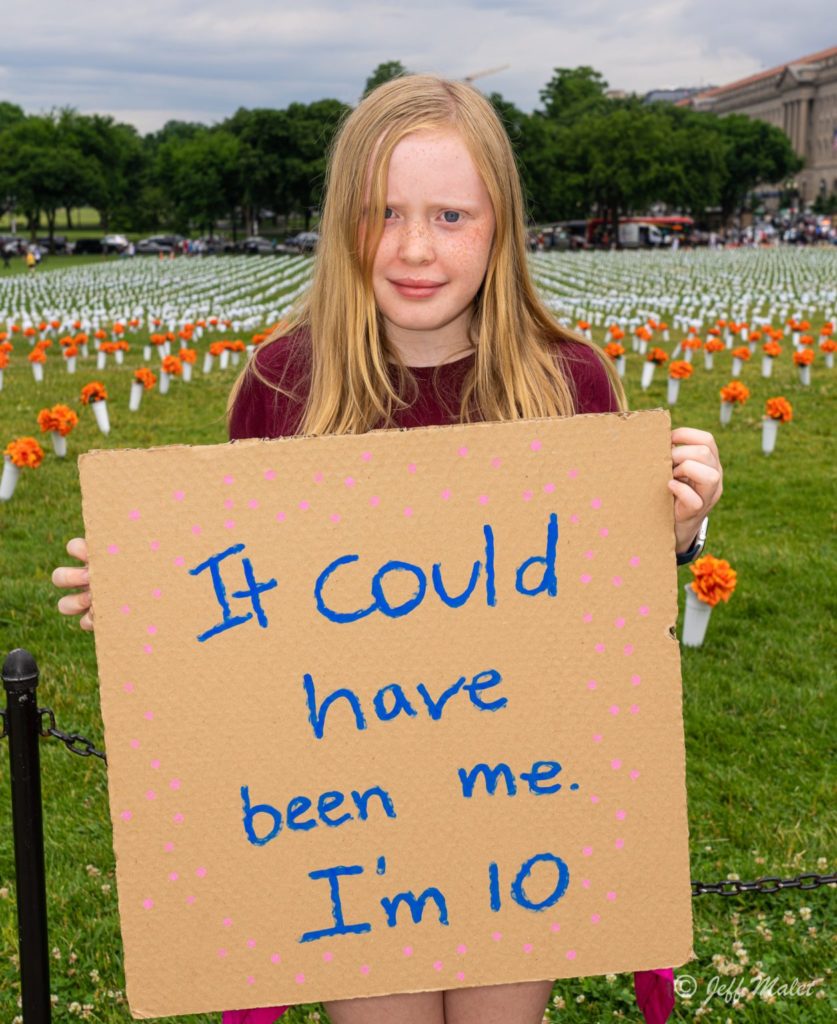Use D.C.’s Red Flag Gun Law to Prevent Tragedy
By • January 11, 2023 0 1134

It is difficult to imagine anything more frightful or tragic than having one’s own child murdered at school by a gunman who signaled his intentions publicly before the deed.
Increasingly teenagers are committing suicide, most often with a gun. “Most of the time we know the gunmen in a case of violence here in D.C.,” said Police Chief Robert Contee recently. It’s as astonishing as it is heartbreaking that in almost every case of school shooting, the murderer turns out to be a young man who was known as “troubled.” Almost always family and friends suspected.
Law enforcement needs help from the public before an incident occurs. And, there’s one way to help: the red flag gun law. It allows family members, neighbors, professional counselors and police to privately notify law enforcement of their concerns about a troubled person they know with a gun. That can trigger a judge to immediately review the problem and to issue a warrant to seize that person’s gun or guns temporarily for hours, days, weeks or months.
The crucial need for red flag gun laws was recognized after the horror experienced by parents of a disturbed adult child in Los Angeles in 2014 when he told them he was headed to Santa Barbara to kill students at the university where he had been rejected. They frantically called police in Santa Barbara to stop his car. But the police said they couldn’t do anything unless he committed a crime. That afternoon on May 23, 2014, the young man killed six people and wounded 13 students in UCSB’S college town Isla Vista by shooting through the open window of his car. Two years later California passed a state-wide red flag gun law. This summer in 2022, Santa Barbara Congressman Salud Carbajal introduced national red flag gun law legislation in Congress.
“School shooters only hide their intentions from those who aren’t looking,” wrote Wall Street Journal columnist Holman W. Jenkins Jr. on May 28. Red flag laws are there for that. But they are rarely used. Maybe they’re almost too personal. Maybe friends don’t want to be seen as a “snitch.” Families often think they can handle it themselves. Some see red flag laws as “disproportionately hurting the poor and people of color.” Some don’t want to see private guns taken away by the government no matter what the reason. And many people – most perhaps – don’t want to get involved.
But we have to be first responders. Think of it as “if you know something, say something.” If you’re concerned about a family member or a colleague with a gun, you can fill out an Extreme Risk Protection Order (ERPO) online at dc.gov and help prevent another tragedy. Do it!

